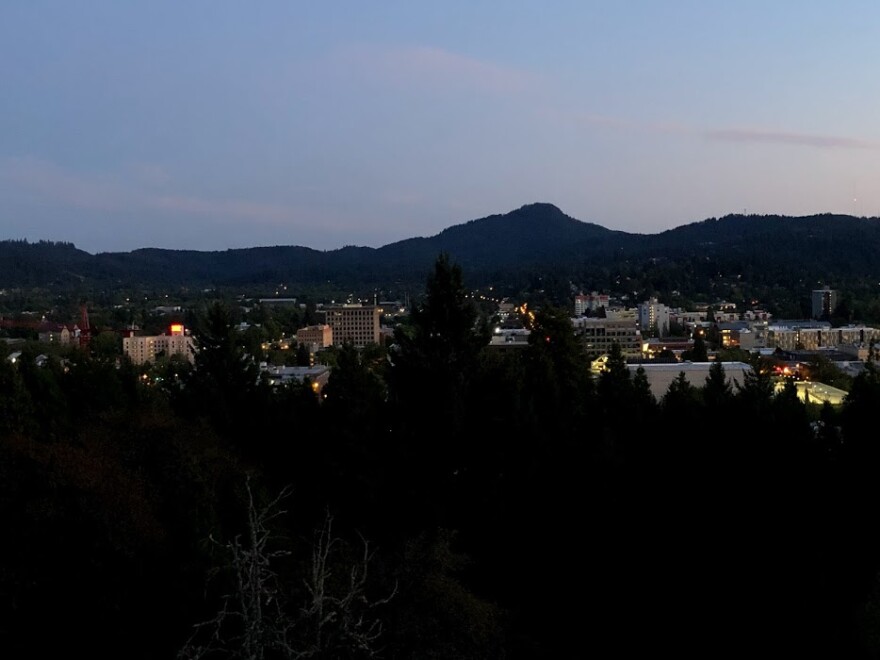To date, the City of Eugene has received nearly $8 million in federal coronavirus relief funds. The bulk of it went to the Emergency Operations Center.
About $3.5 million were spent on staffing and managing the facility, which was activated in March.
“It was to reduce the spread of COVID as it started up, flatten the curve, and support our more vulnerable populations while we continued to maintain essential services,” explained Chris Heppel, Incident Commander for the Center.
Heppel added that while current federal CARES funding is sufficient for the remainder of 2020, there’s no clear estimate yet for operations into next year.
“We knew that there would be a spike in the fall, but we don’t know how big the spike’s going to be. And then we can certainly have it regress and then we can see another re-emergence in the spring. It’s really dependent on the direction that the virus is going to take.”
National unrest
While Donald Trump continues to deny President-Elect Joe Biden’s victory, the uncertain transition between the outgoing and developing administrations could disrupt pandemic relief.
“Any more COVID funding or CARES funding or a follow on package is going to have to come from the federal government, which we’ve seen," continued Heppel.
"Those negotiations have certainly stalled, but President-Elect Biden I know is working to find a pathway during this lame duck session to hopefully find additional support for the first responder health care, just general response to COVID, as well as helping with other programs such as unemployment insurance, business assistance, and simple continued funding of state and local governments.”
Biden and his team are also imploring President Trump to facilitate transitioning, so progress can be made on the COVID-19 pandemic.
Homelessness
After the Emergency Operations Center, the next biggest expense was $665,000 spent on medical care and protection for Eugene’s unhoused community.

Heppel explains their focus on helping unhoused people during the pandemic.
“We established a four prong approach to that: Shelter, supplies, outreach, and hygiene.
"So when it came to our shelters, we established a couple units we called designated temporary shelter sites, and we did this in coordination with the White Bird Clinic here in town. These sites just helped folks transition from that unhoused component to a temporary shelter to connect to some of long-term livability.”
Heppel says they also did outreach teams, to keep in contact with the homeless and assist them as needed.
Copyright 2020, KLCC.





